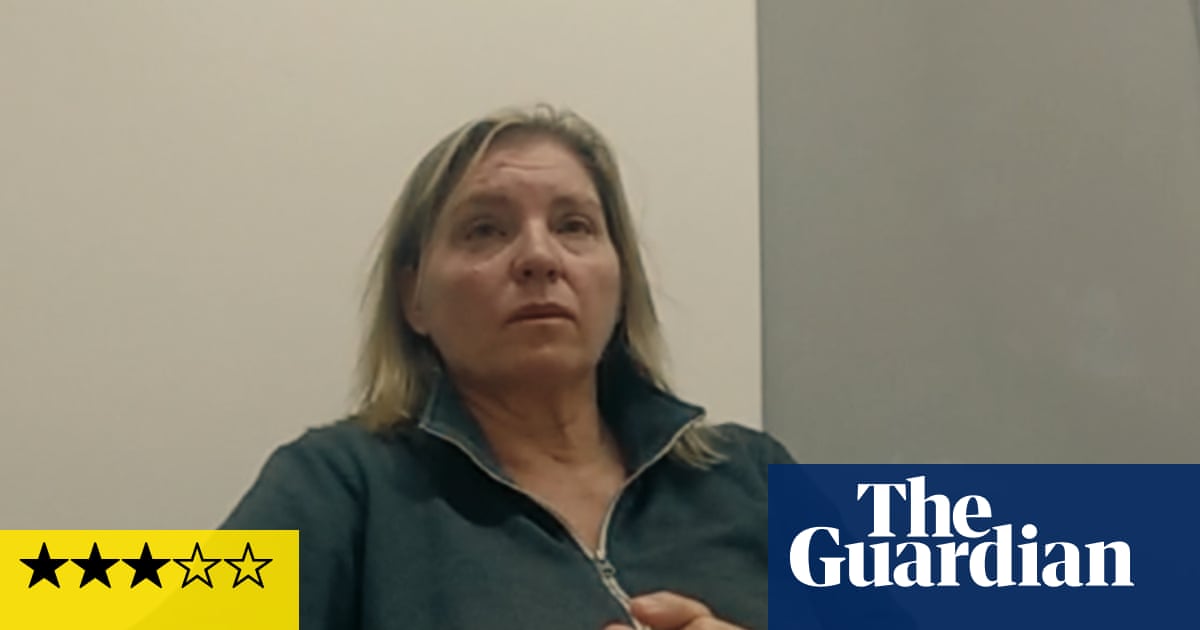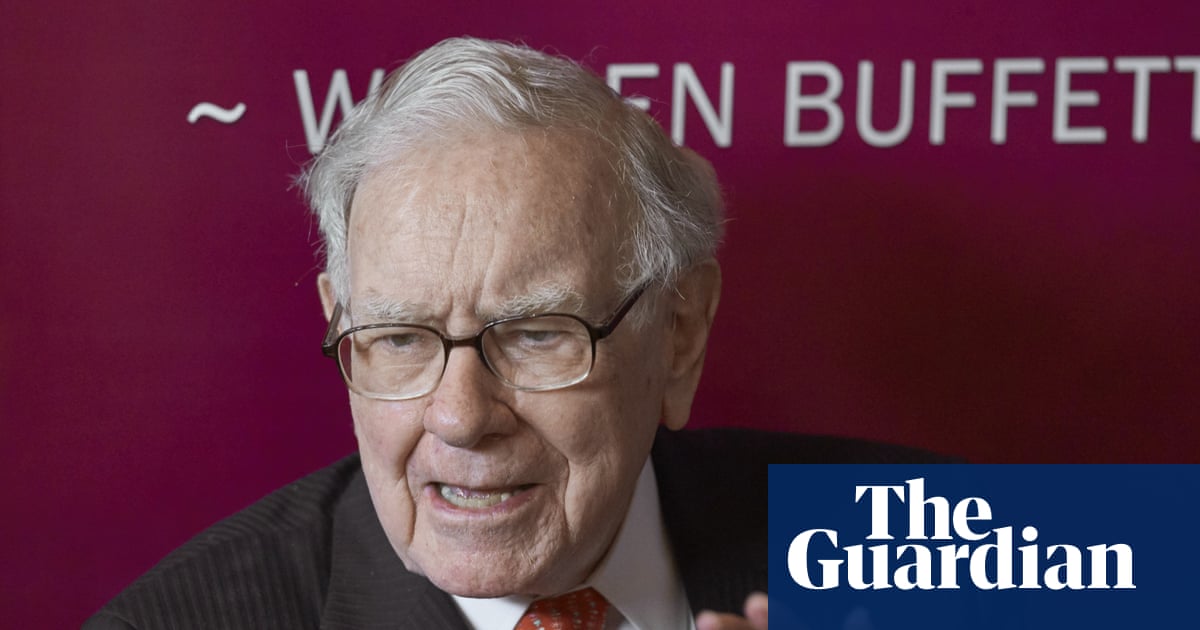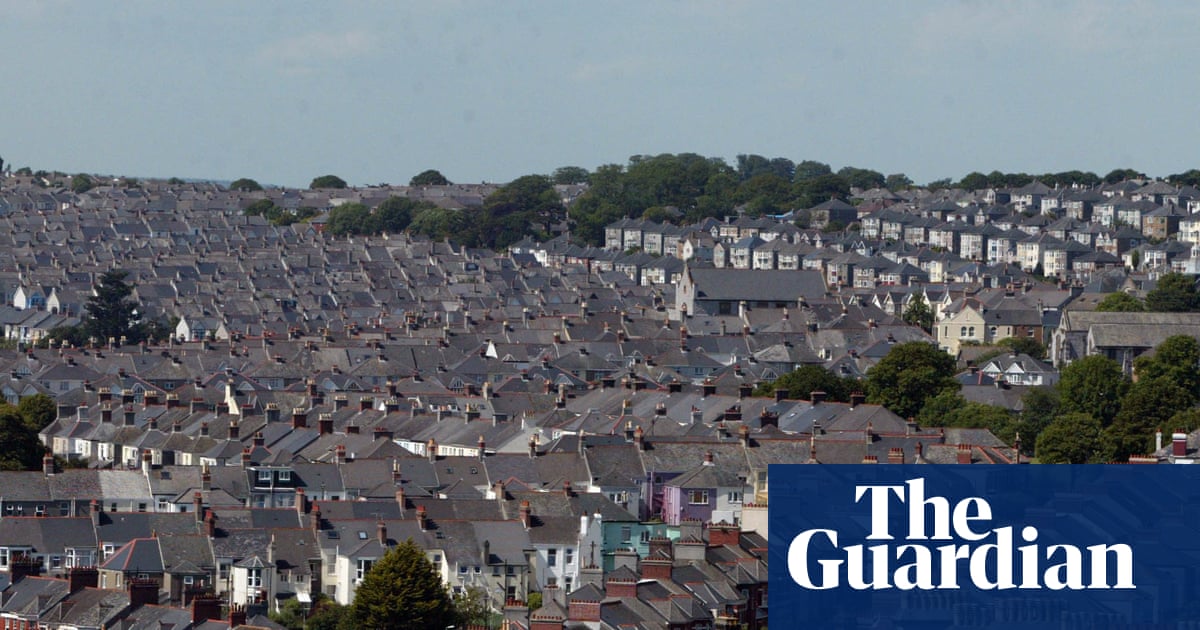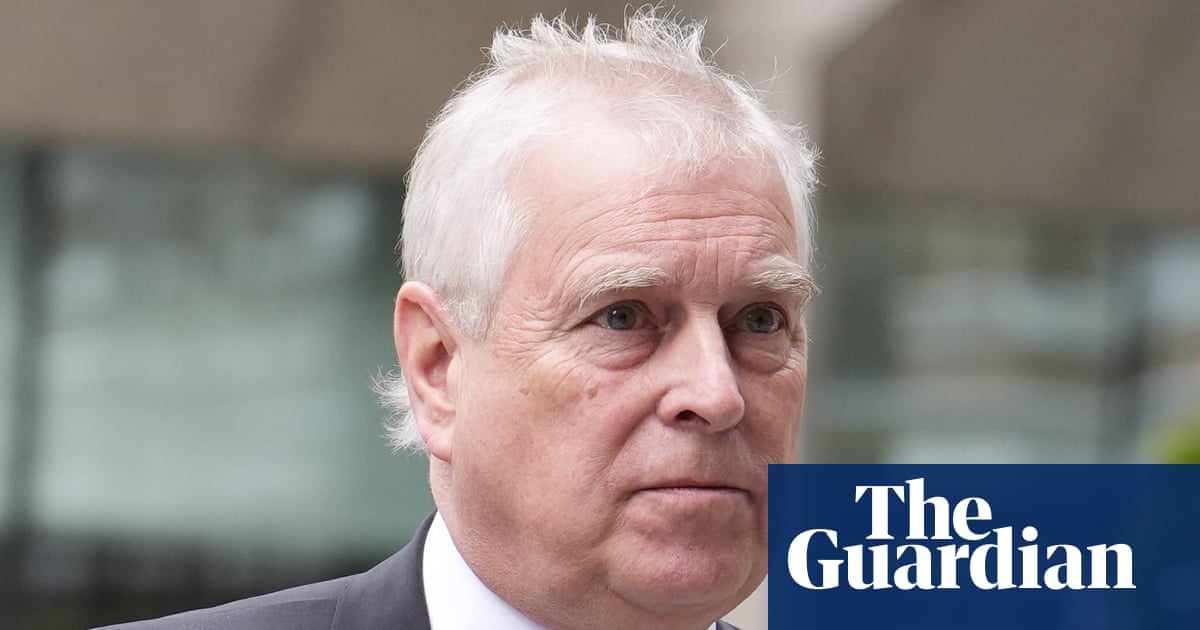Between redevelopment, inflation, licensing and noise complaints, keeping a nightclub afloat in London can be tricky: earlier this month Corsica Studios in Elephant and Castle joined the more than 50% of UK clubs which have been lost since 2013.
Given that context, this weekend’s opening of Eutopia, a 4,000-person independently owned nightclub and cultural venue in a former haulage warehouse in Barking, feels worth celebrating. But music fans who have been burned by the recurrent loss of the capital’s best dancefloors, from Plastic People to Printworks, might also be sceptical. Is Eutopia here to stay, or another false dawn? And are people really going to trek out to the very eastern edge of the city, 12 miles from the West End, to go to a club across a river from a sewage treatment works?
The Eutopia team includes several of London’s most experienced nightlife operators. One of its four co-founders, Will Paterson, has worked for venues and festivals including E1 and Eastern Electrics for more than two decades. Another, Tom Ranger, spent several years overseeing music bookings at East London’s Oval Space (which later closed in 2022 after a shooting).
Paterson and Ranger are confident that Eutopia will stay the course. “We’re on a long-term lease, and we’re growing slowly,” says Paterson. “We expect next year to be a good year, where we learn a lot and do more shows, then more again in 2027. When you look at any good [London] venue, like The Cause or Night Tales, it takes three years.”
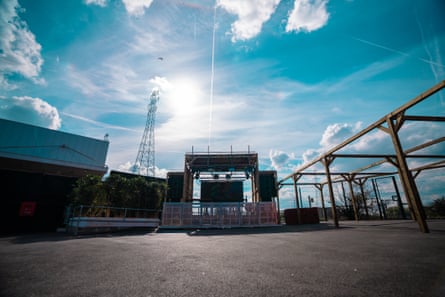
Eutopia, somewhat unusually, has time on its side. Unlike many other similarly sized post-industrial superclubs, including Canada Water’s Printworks, Tottenham’s Drumsheds or Depot Mayfield in Manchester, it has not been created as part of a “meanwhile” scheme, in which promoters work with developers to make temporary cultural use of an empty site before it’s redeveloped. A venue such as Printworks, which closed in 2023, always had a strict deadline; Eutopia’s longer-term prospects feel far more open-ended.
The other key factor working in Eutopia’s favour is the absence of local residents who might complain about it: their nearest neighbours are more than a mile away. This means they can sidestep most of the noise-related issues which have plagued so many of their peers, and indeed contributed directly to the demise of Elephant and Castle’s Corsica Studios, when new-build flats were permitted to be built next door.
“When we met with the council and the police, but particularly the police, they said to us: we’ll support you, because we prefer new entertainment spaces to be in areas like this,” Paterson says. “Their position was: why would we grant a licence, and then have 52 weeks a year of people calling up and complaining?”
Allow Instagram content?
This article includes content provided by Instagram. We ask for your permission before anything is loaded, as they may be using cookies and other technologies. To view this content, click 'Allow and continue'.
The Metropolitan police declined to comment for this piece, while Barking and Dagenham Council said: “Nightclubs are often located in industrial or regenerating areas where land values are lower and potential disruption is minimised. While late night transport links may be limited, venues remain responsible for customer safety on dispersal.”
Their statement hints at some of the tradeoffs which come with Eutopia’s isolated surroundings: part of a long-running trend in which cultural activity is forced further from the inner city as neighbourhoods gentrify, rents go up, and new residential developments are built. “The reality is that venues are going to be pushed to the margins,” says Paterson. “We got this opportunity because it’s further away.”
Eutopia is perhaps the most extreme example London has seen of this particular process. Located out past City Airport, beyond even the London postcode area, it’s bordered by industrial units, wetlands, and Beckton sewage works: not the kind of place you can hop from pub to bar to club. Public transport is patchy: Eutopia is a 35 minute walk from Barking station, and 25 minutes from Barking Riverside at the end of the Overground. Neither is part of the Night Tube, and the only local bus service stops at midnight.
“Yes, it’s more difficult to come here than it is to go to a venue like [Charing Cross Road’s] Outernet,” says Paterson, who explains that visiting Eutopia might involve “friends getting together to share an Uber, or – in the new sober world we’re in – one person driving.” This perhaps recalls the early 90s, when London’s ravers would have to pile into a Vauxhall Nova and head out past the M25 to find the party.
“If the venue’s really special or I’m particularly drawn to the party, I’ve been happy to travel upwards of an hour,” says Charlie, a dance music fan in his 20s. “Particularly if a venue’s set up for longer events, with a variety of spaces and comfortable places to chill out.” His views are shared by Daisy-Mae, a DJ based in Clapton. “If it was a really good lineup, I had people to go with and I could do it affordably, I’d definitely be down for going to Barking,” she says.
Mixmag’s deputy editor Megan Townsend agrees that Londoners have become more accustomed to logistically complicated nights out: “30 years ago there were more clubs in central London, so of course people are travelling further now. Venues like Drumsheds show that thousands of clubbers are willing to make those kinds of journeys.”
But Eutopia’s location in the middle of an industrial estate, away from busy high streets and transport connections, complicates things. “I really don’t want to have to get a cab or bus from station to club,” says Charlie. “I’ve also been to venues in industrial spaces where there’s a long walk, often unlit, which feels sketchy for me even as a man.” Eutopia have clearly considered the safety risks – from doubling the amount of time security staff are kept on shift after an event, to installing temporary pavement lighting from Eutopia back to nearby stations – but the fact such mitigations are necessary remains impossible to overlook.

Eutopia’s founders say they want to run things so expertly that concerns ultimately fade into the background. They’ve spent £1.5m on the space itself, designed by the team behind Glastonbury’s San Remo area. Their 4,000-person capacity has also been split across a variety of more modular and intimate spaces, suitable for everything from club nights to film screenings to community events, as opposed to one massive, impersonal expanse. “I think everybody would say that 600 people is the perfect size: it’s big enough to get lost in, but small enough to feel intimate,” Tom Ranger explains. “But the reality is that operating a venue of that size is extremely hard work unless you’re Live Nation or AEG, who can afford to be loss-leading.”
Initial signs seem positive, with events from promoters as varied as gen Z up-and-comers Appetite and rave stalwarts World Dance selling out. But Eutopia’s lack of corporate backing (another conspicuous contrast with other developer and private equity-funded spaces) means there’s little room for complacency. “It’s like when people see a new restaurant and say: ‘We should check it out,’ then six months later they see it’s closed,” says Ranger. “Go check it out, support it.”
Paterson and Ranger are keen to counter the pessimism which can sometimes inform Londoners’ perceptions around nightlife. “We know the economy has been squeezed for most people,” says Ranger. “But we still have the ability to engage in something new and exciting. Hopefully people will come on that journey with us.”

 2 months ago
58
2 months ago
58
